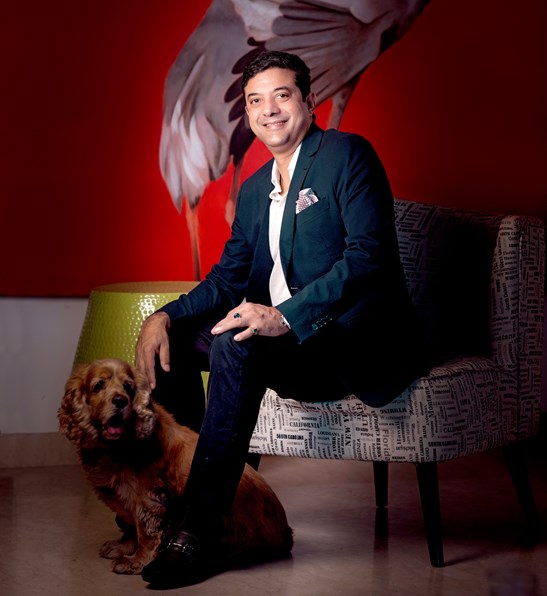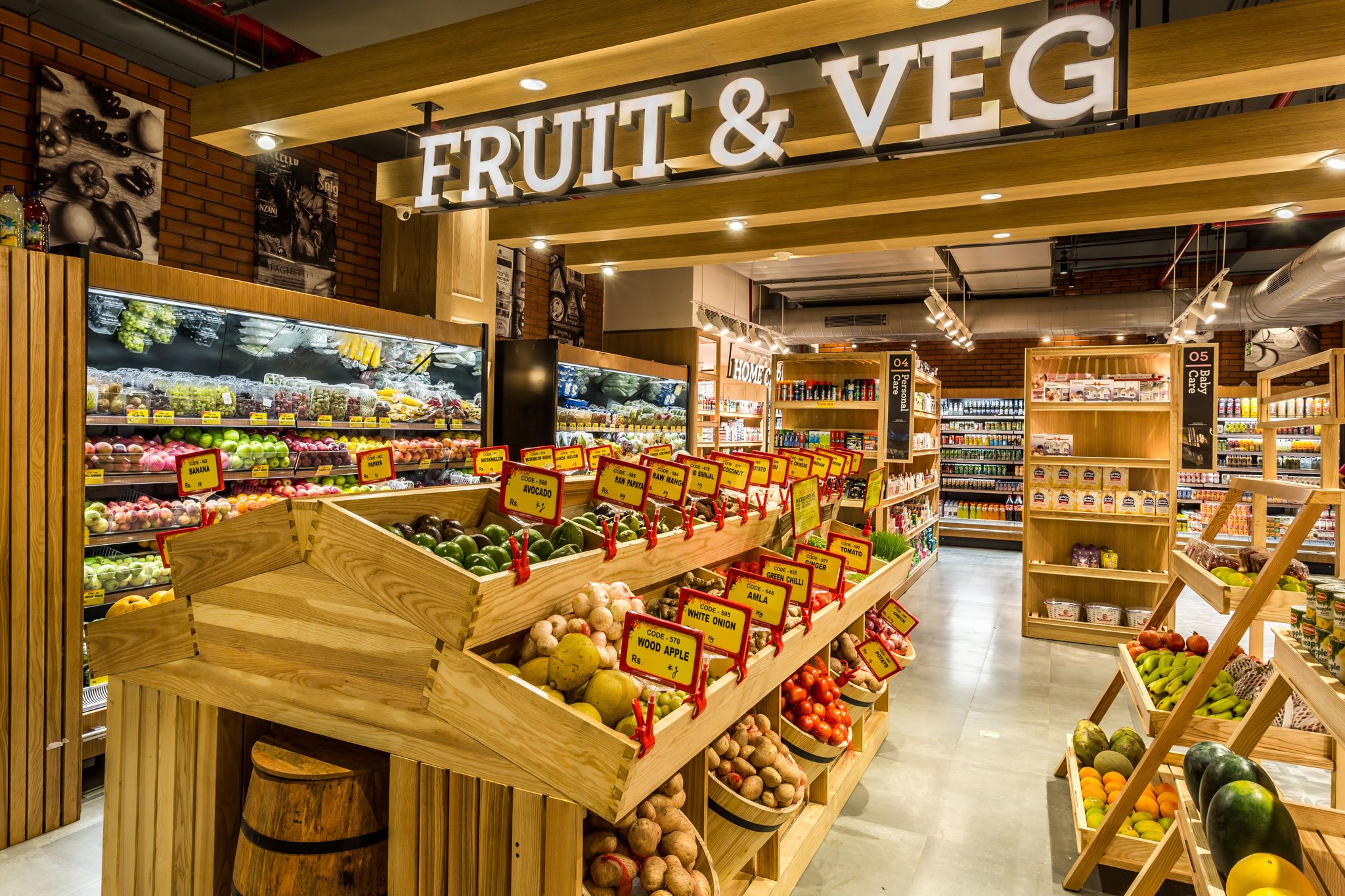Kunaal Kumar, founder of “the Whole Foods of India,” tells the Brunswick Review about the charms and eccentricities of that market
As a business and social luminary in New Delhi, Kunaal Kumar makes regular appearances in Indian media. But don’t bother searching online for those articles, because India remains in love with print. Even India’s editions of Harper’s Bazaar and Hello Magazine – both of which have run stories on Mr. Kumar – haven’t created online editions.

Yet Mr. Kumar’s own success reflects a growing taste in India for the dining if not the reading habits of the West. The chain of food stores he runs, Modern Bazaar, has been dubbed the Whole Foods of India. The vast majority of items he sells are imported. Sales of organic foods are skyrocketing. And his company offers online purchasing.
In an interview with Mr. Kumar’s favorite journalist, Brunswick intern Vedika Kumar, a New York University student who happens to be his daughter, Mr. Kumar shares his vision of the economic and gastronomical future of his nation.
What is the story of your company, and where does it stand now in the retail landscape of India?
My father started a department store in 1971, the first semblance of a global supermarket in northern India. I joined him in 1991 after finishing my degree in electrical engineering. Modern Bazaar was one of the only supermarkets that provided imported products in the ’80s and ’90s. We were doing exceptionally well, but a fire wiped out the supermarket in 2004. After the store burned down completely, my father decided to retire and instructed me to go find my own path in life.
I knew that food and retail had enormous scope to keep growing, so I decided to restart his business with the same branding but with a new vision.
Today, around 15 years after this setback, I have eight outlets across Delhi and India’s national capital region and have a strong presence and brand name in the food retail industry of the country, able to deliver any products you would find in a
supermarket in the US or UK.
What were some of the obstacles you faced as you resurrected the business from the ashes?
I started small by taking out some loans and investing my personal savings into the business. Eventually I started a tiny supermarket where the old one was, trying to imbue the same customer service expertise and food quality principles that made my father’s supermarket do well. We started an in-house bakery, had a wide selection of imported goods, and started rebuilding our customer base. Our goal was that a consumer should be able to walk to the supermarket and get everything they need and want under one roof. I started this store in 2005.
In the next two years, I bought out the property adjacent to my existing supermarket and expanded. Slowly and steadily I turned this small 1,000 square foot flagship supermarket into 6,000 square feet – and applied the same business principles to open as large or larger supermarkets in eight locations in India’s capital region.
Do imported products play a big part in your business model?
While imported goods are what gave us a distinguishable presence in food retail, an Indian household cannot just be run on products from the outside world. So today, each supermarket has around 25,000 different products which are a mix of Indian staples, imported items and house-made products.
You’re one of the only sellers in India to have physical storefronts but also online sales. Do you think the future for Indian retailing is online?
A few years ago I saw a few food vendors come into the retail industry that were online only. They would buy their products from us and deliver them according to orders they received online.
I realized if this continued I would lose the competitive advantage I have, so we launched a mobile app and an online delivery system in addition to our physical supermarkets – a service not offered by many Indian retailers yet. The online ordering is still just 5 percent of our business, but it is a growing trend and essential to incorporate in the Indian business model today.

